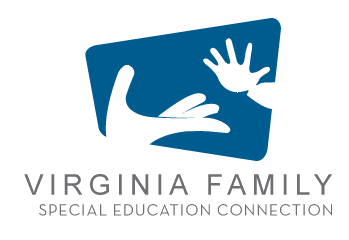Medication Management in College (Child Mind Institute) Available in Spanish
Description:
College is a time for kids to try out independence. For kids on medication, part of that independence is learning how to manage those meds on their own.
Kids should start to practice managing meds well before they leave for college. The first weeks of school will be full of new information. That’s not the time to start figuring out what they need to be taking, when, and how to make sure they don’t forget.
For example, kids can set reminders on their phone so they don’t forget. Using day-of-the-week pill containers can also help. Encourage kids to take charge when it comes to getting refills as well. If they notice they’re running low, empower them to call the doctor and ask for more.
Kids should also be aware of how their medication reacts to alcohol or other drugs. Drinking is often a big part of college life. This can be a serious problem if kids are on medication that reacts badly with alcohol. Some drugs make the effects of alcohol stronger, so they could get drunk more quickly than their peers. Having a conversation about making responsible choices is key to keeping kids safe.
Taking drugs without a prescription is never a good idea. But for kids who are already taking medications it can be very dangerous. It’s important to talk to college students about why they should not take other drugs. Be clear and specific about the dangers. Understanding what can happen will help kids make safer decisions.
It’s no secret that some medications, like stimulants, are in demand on college campuses. Kids might think that sharing or selling medication is no big deal. But taking other people’s meds can be dangerous. Medications have different effects on different people. Likewise getting caught sharing or selling meds could get kids kicked out of school or even mean facing legal action.





